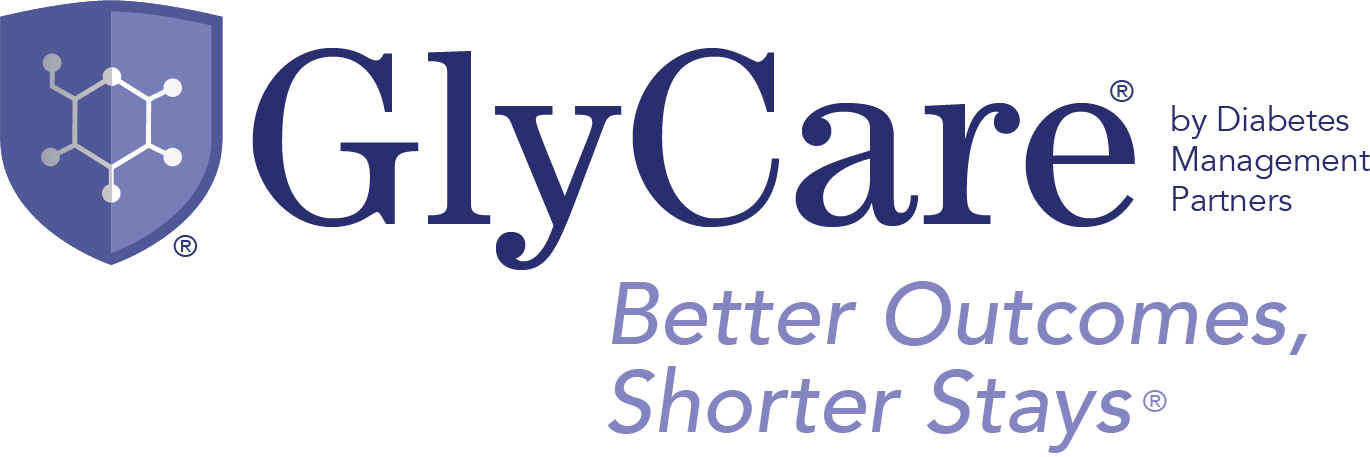How Hospitals Can Prepare for the 2nd Wave of COVID-19
Doctors are currently speculating about when the second wave of COVID-19 will arrive. As we now well know, people with chronic diseases are at a greater risk of complications from COVID-19. Proper management of chronic diseases and keeping them at bay are key to minimizing the devastating effects of COVID-19. Diabetes is one such chronic disease that needs to be managed properly.
Understanding the Connection Between Diabetes and Alzheimer’s
In recent years, a link between type 2 diabetes and Alzheimer’s disease has emerged. Diabetes is a risk factor for cognitive impairment including vascular dementia and Alzheimer’s disease. Approximately 50% of people with type 2 diabetes will develop some type of cognitive impairment. Merely having diabetes increases the risk of developing Alzheimer’s by roughly 65%. With specialized blood glucose control, GlyCare can help with preventative care.
How GlyCare Can Help with Physician Burnout
Burnout is costing the U.S. approximately $4.6 billion yearly for costs related to physician turnover and reduced clinical hours. One senior VP recounts conducting root cause analyses after each serious adverse event and the responses from the healthcare teams always started out explaining how busy they were due to the high census. GlyCare can help provide healthcare teams relief and reduce their burdens through specialized diabetes care.
GlyCare Can Help Reduce 30-Day Readmission Rates
Hospitals are penalized by CMS for having too many hospital readmissions. In fiscal 2020, CMS will penalize approximately $563 million in payments to hospitals. Out of the hospitals evaluated, 83% will receive a penalty. This is an astounding amount, but it does not need to be this way. Glycemic abnormalities can lead to complications, which lends to readmission rates. With specialized glycemic management teams, GlyCare can help hospitals lower these rates.




